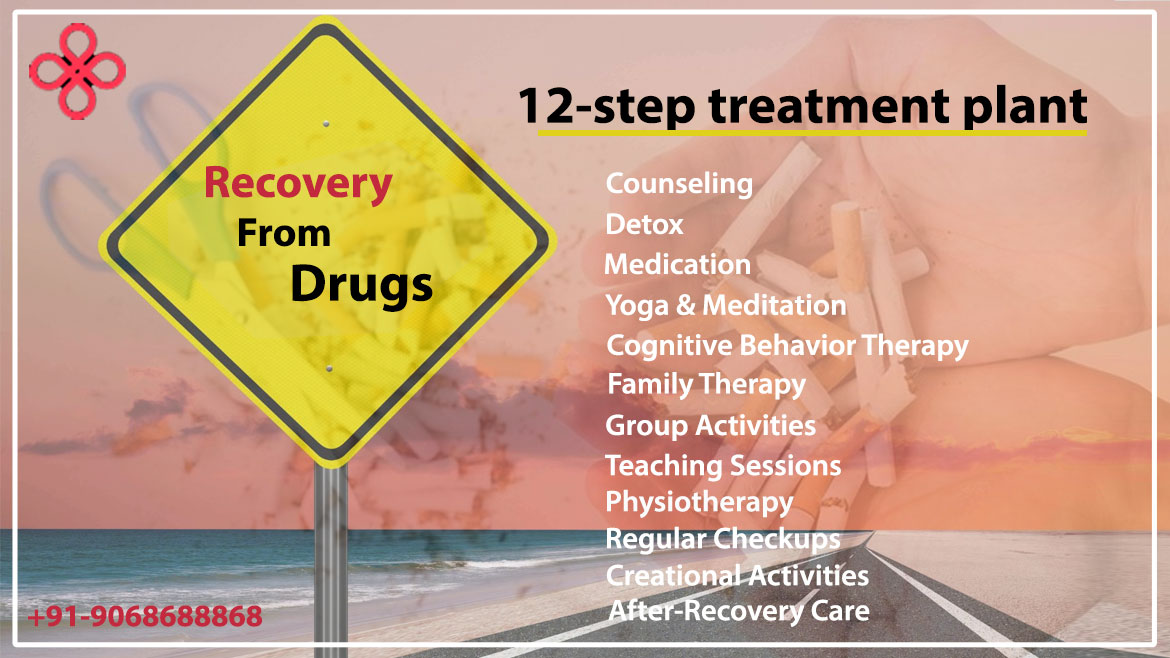When it comes to overcoming addiction, selecting the right treatment plan is crucial for long-term recovery. In Ghaziabad, Nasha Mukti Kendra offer two primary types of treatment: residential (inpatient) and outpatient. Each approach has its advantages, and the choice depends on factors such as the severity of addiction, personal preferences, and the level of support needed. Understanding the key differences between these options can help individuals and their families make an informed decision.
Residential (Inpatient) Treatment
Residential treatment, often referred to as inpatient treatment, involves staying at a de-addiction center for a set period—usually 30 to 90 days or more. This option provides a structured, immersive environment where individuals can focus entirely on their recovery without the distractions of everyday life.
Advantages of Residential Treatment:
24/7 Care and Supervision: Residential treatment ensures that individuals are constantly supervised by trained professionals. This is especially important for individuals with severe addictions or those undergoing withdrawal, as it provides immediate access to medical support and therapy.
Safe and Controlled Environment: Being in a residential setting eliminates external triggers, such as social pressures or access to substances. This controlled environment allows individuals to focus solely on their healing journey.
Comprehensive Therapy: Inpatient centers typically offer a wide range of therapeutic services, including individual counseling, group therapy, yoga, meditation, and life skills training. These programs help individuals address the root causes of their addiction and develop healthy coping mechanisms.
Peer Support: Living alongside others who are also in recovery fosters a sense of community and mutual support. Sharing experiences with peers can be incredibly motivating and helps build a strong support network for post-treatment life.
Outpatient Treatment
Outpatient treatment allows individuals to live at home while attending therapy sessions at the Nasha Mukti Kendra on a regular basis. This approach offers more flexibility and is ideal for individuals who do not require constant supervision or who have completed a residential program and are transitioning to a lower level of care.
Advantages of Outpatient Treatment:
Flexibility: Outpatient treatment allows individuals to continue with their daily responsibilities, such as work or family obligations, while receiving treatment. This flexibility makes it a viable option for those who cannot take time off from their usual activities.
Lower Cost: Since outpatient treatment doesn’t require accommodation or round-the-clock care, it tends to be more affordable than residential treatment. This makes it an attractive option for those with financial constraints.
Gradual Reintegration: For individuals who have already undergone residential treatment, outpatient care provides a way to ease back into normal life while still receiving support. This gradual reintegration helps individuals practice new coping skills in real-world situations.
Family Involvement: Outpatient treatment often includes family therapy, allowing loved ones to become active participants in the recovery process. This can strengthen the family’s support system and improve relationships that may have been affected by addiction.
Making the Right Choice
Choosing between residential and outpatient treatment depends largely on the individual’s specific needs and circumstances. For those with severe addiction or co-occurring mental health issues, residential treatment may be the best option, as it provides comprehensive, around-the-clock care. On the other hand, outpatient treatment may be more suitable for those with milder addictions or those looking to continue working or attending school during recovery.
Consulting with a healthcare professional or addiction counselor at a Nasha Mukti Kendra in Ghaziabad can help guide this decision. Ultimately, the goal is to select a treatment approach that provides the necessary support for sustained recovery and long-term success.

